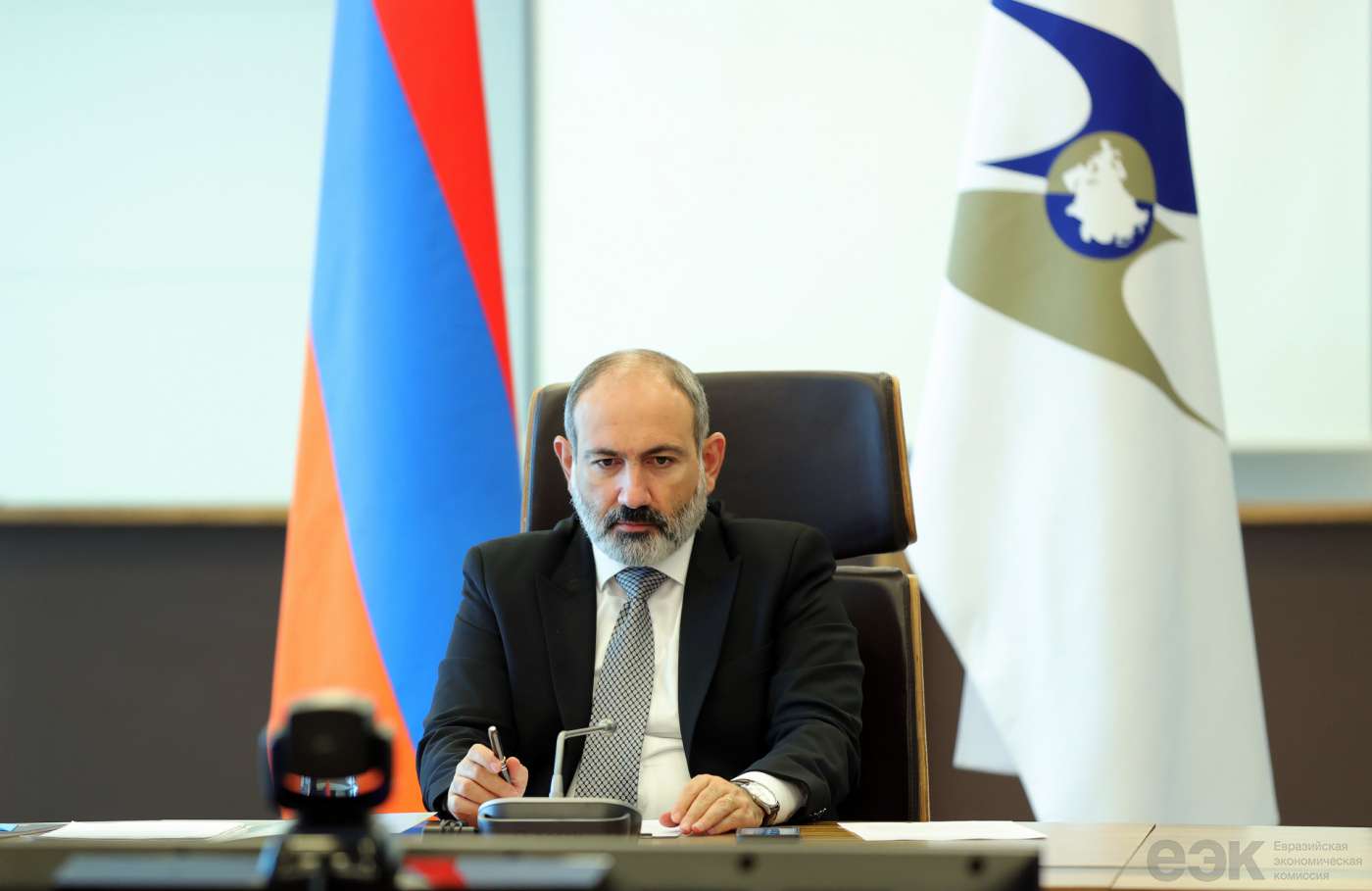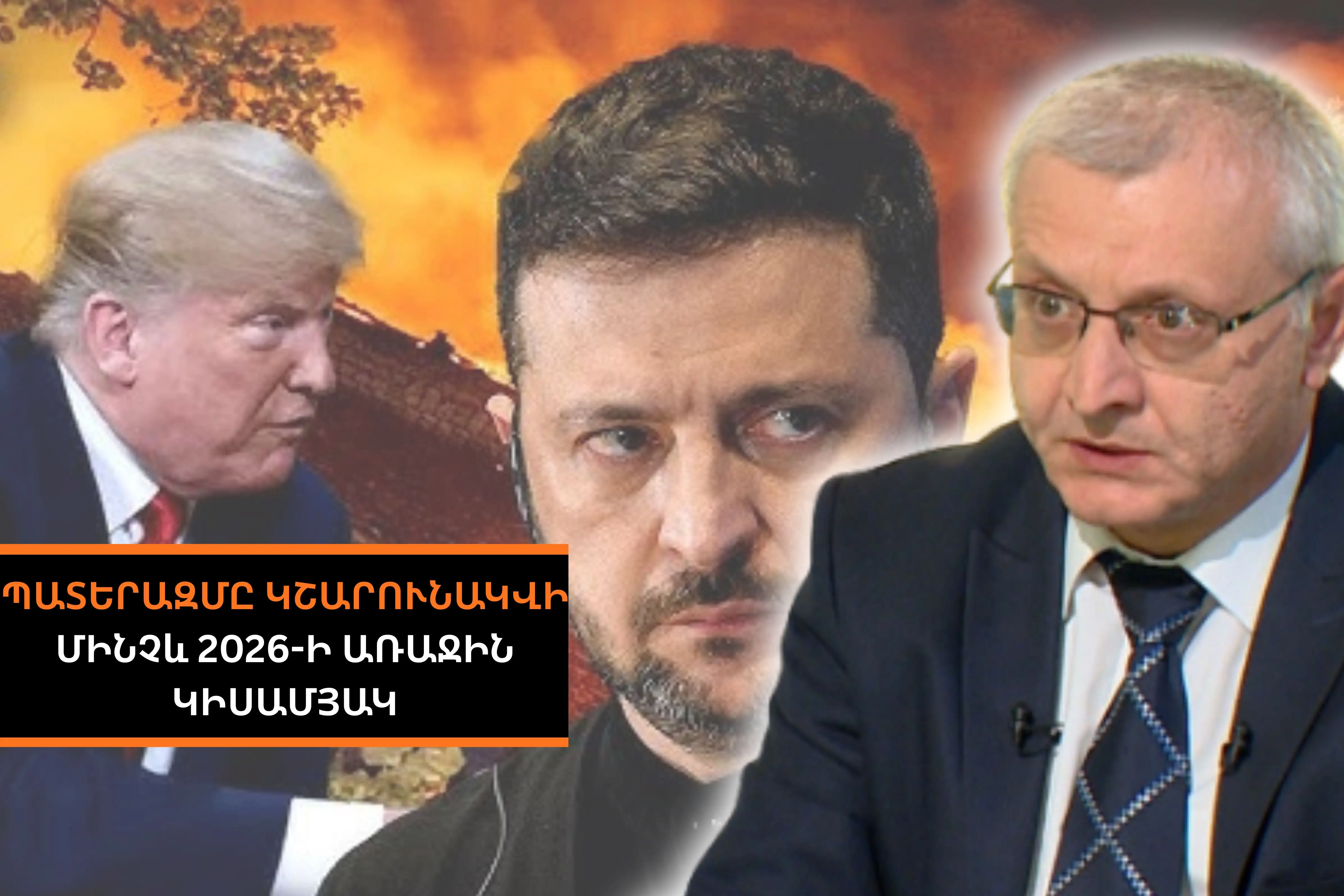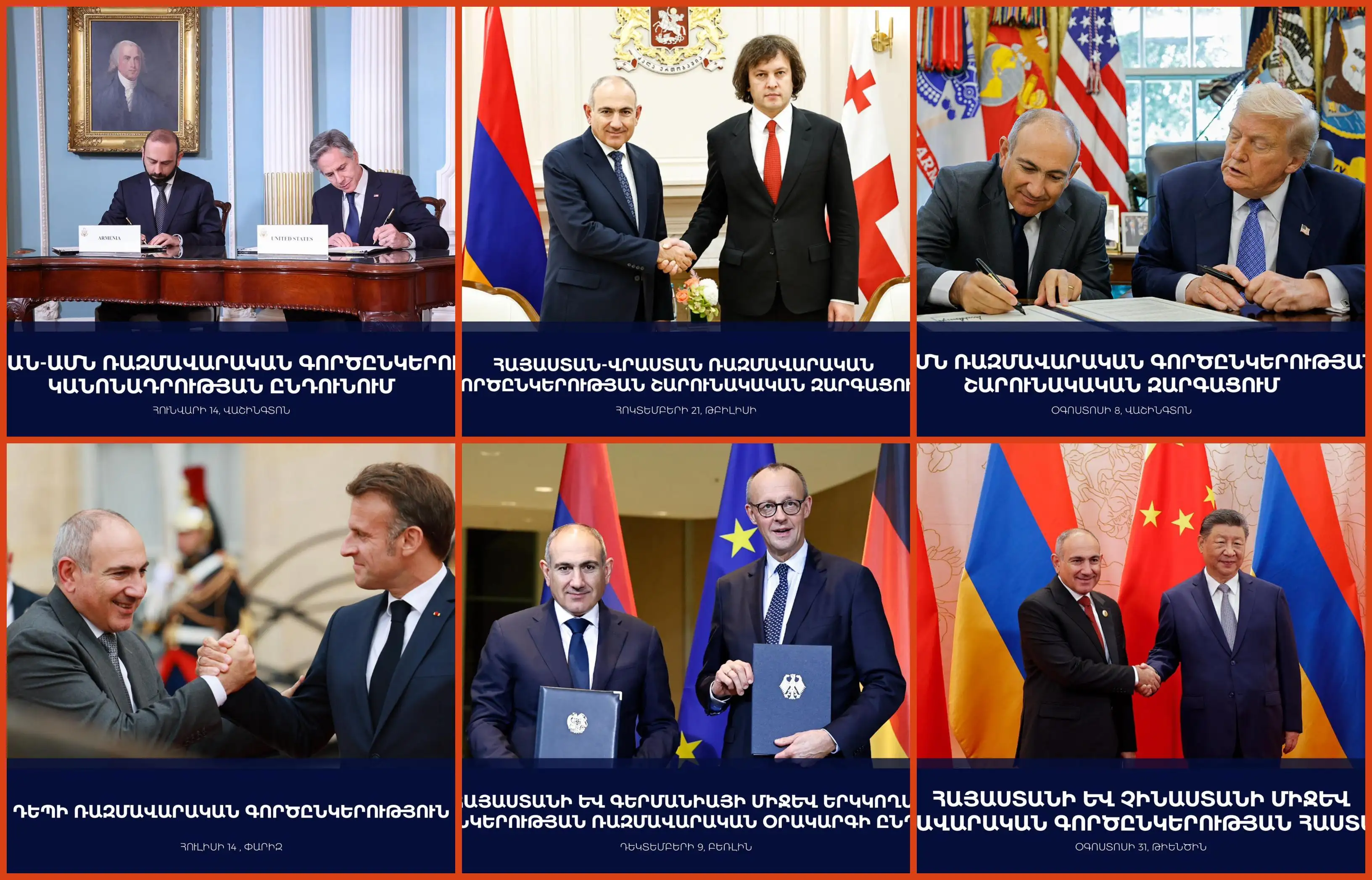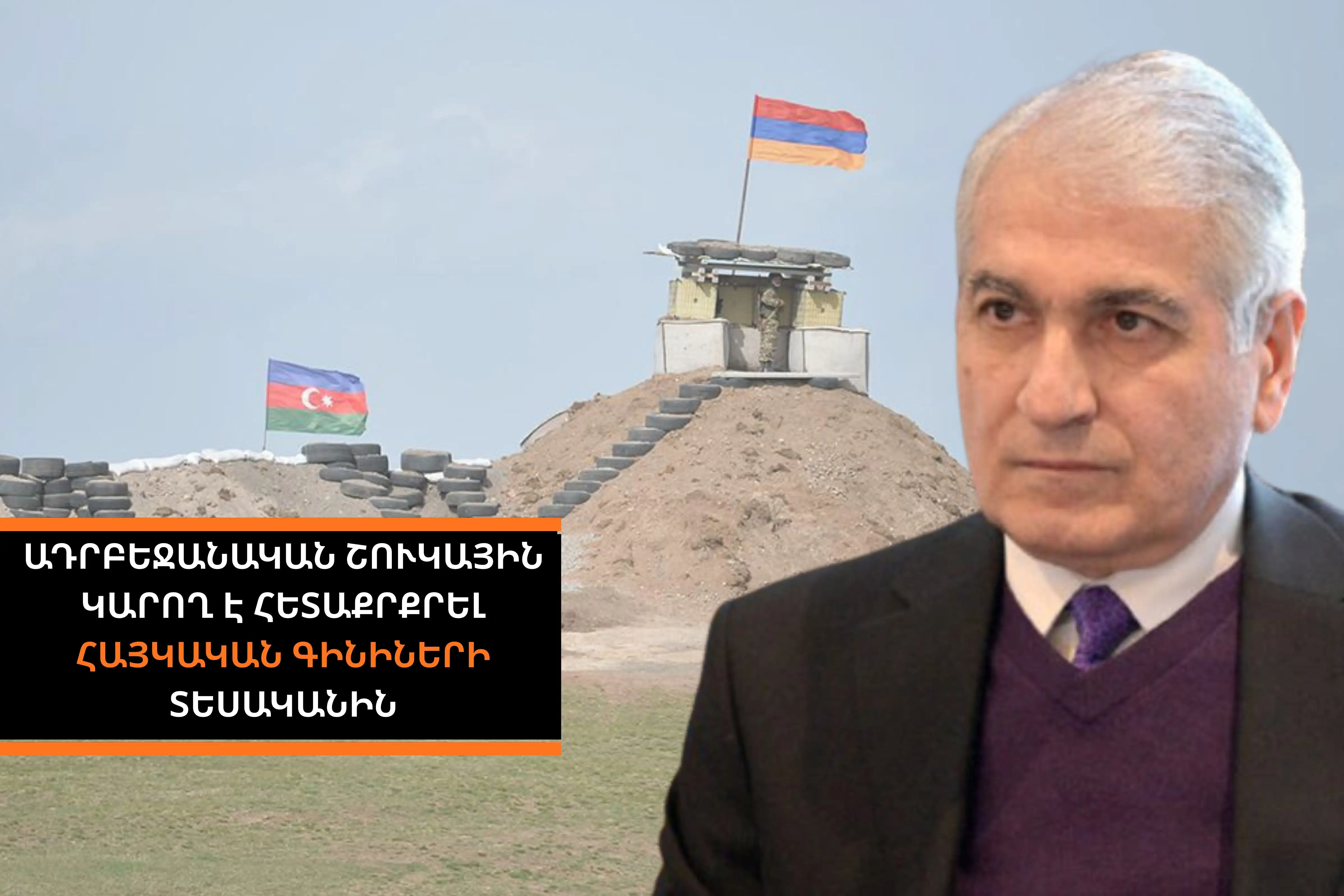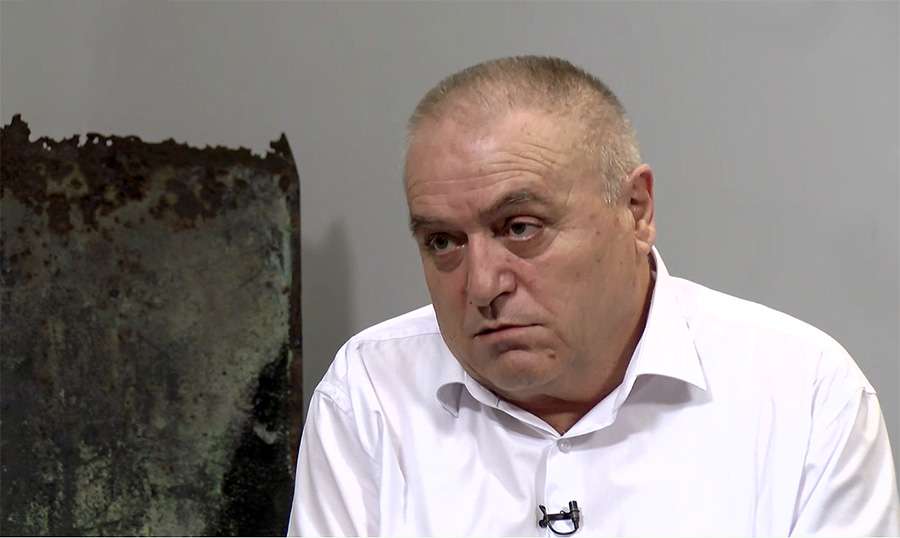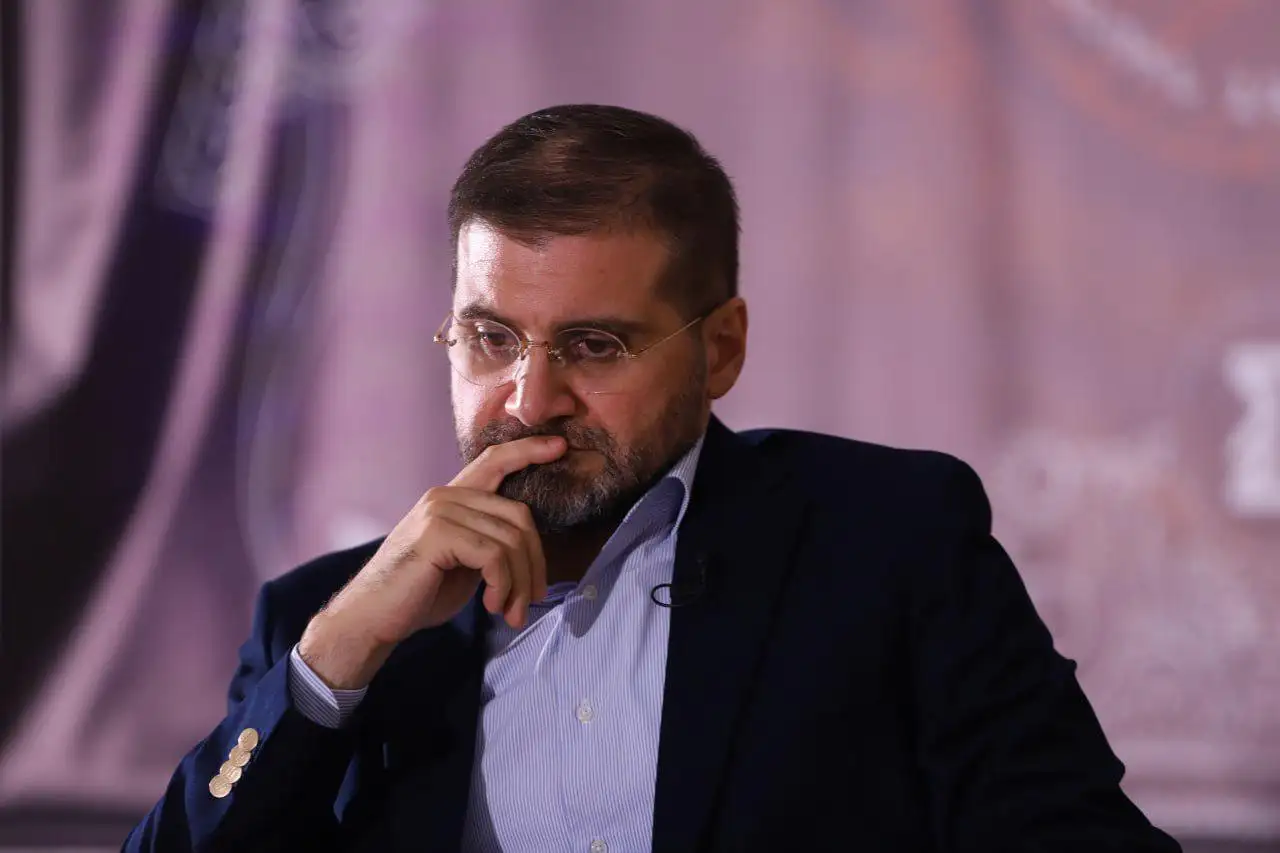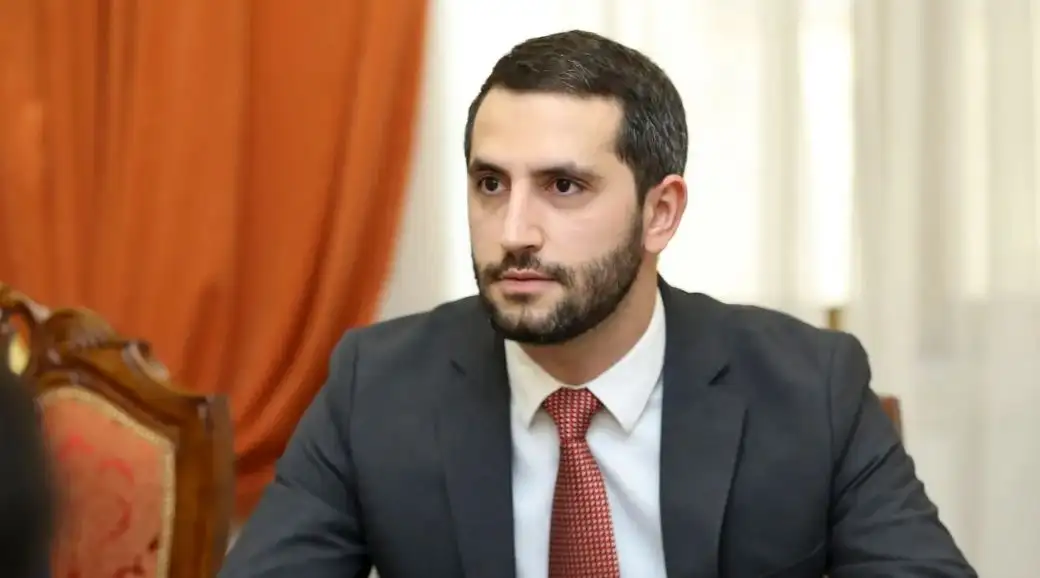The Prime Minister of Armenia, Nikol Pashinyan, sent the message to the leaders of the EAEU member states on the occasion of Armenia's assumption of the EAEU presidency in 2024.
Radar Armenia presents the message in parts.
From January 1, 2024, the Republic of Armenia assumed the presidency of EAEU bodies, where each state plays a vital role in forming a common area of economic cooperation. The RA presidency coincides with the tenth anniversary of signing the Treaty on the Eurasian Economic Union on May 29, 2014. With the results of ten years of activity at EAEU, significant results have been achieved in all directions of interaction. At the same time, several issues remain of strategic importance; with the solution, it is possible to complete the formation of an effective joint economic area.
Only through concerted efforts will EAEU member states be able to create a more sustainable economic cooperation model for future generations, regardless of political or geopolitical shifts. In particular, in the year of the RA presidency in the Eurasian Economic Union, I would like to draw attention to the need to solve several important issues for the Eurasian Economic Union.
One of the priority directions is ensuring energy security. Accelerated formation of common markets of electricity and energy resources with non-discriminatory activity principles should become one basis for ensuring equal economic activity conditions for all EAEU member states. In the conditions of global economic challenges and the existing significant potential of our countries' agro-industrial complex, I attach importance to ensuring the food security of the EAEU.
The main element of economic interaction is the transport and logistics sector. Development and modernization of transport infrastructures, improvement of customs procedures, and creation of efficient logistics chains contribute to speeding up the exchange of goods and services, reducing delivery time, reducing costs, and increasing access to markets.
It is necessary to make maximum use of the EAEU's transit potential and the opportunities of its geographical location to enter foreign markets, which still need to be sufficiently used by the member states. It is necessary to make additional efforts to develop the Eurasian transport infrastructure and export goods to third countries, making the most of the potential of relations with international organizations and international development institutions.
In this context, successfully implementing the perspective project "Crossroads of Peace" proposed by the Republic of Armenia will play a significant role in implementing the goals for ensuring transit transportation on Eurasian international transport routes. The Crossroads of Peace can connect countries in our region with roads and railways, cables, gas pipelines, and power lines.
The absolute priority is the complete elimination of existing obstacles in mutual trade. We should also pay attention to problematic situations that do not qualify as obstacles but negatively impact the internal market. At the same time, separate provisions of the Treaty on the Eurasian Economic Union allow member states to impose unilateral restrictive measures, which lead to the corrosion of the EAEU internal market and the formation of difficult-to-predict conditions for business representatives. Article 29 of the Treaty on the Eurasian Economic Union is not dogmatic and needs to be adapted to modern realities and conditions of economic activity.
The lack of a common border with EAEU countries creates difficulties and economic costs for the Republic of Armenia. On the one hand, it is a challenge for Armenia; on the other hand, it is an opportunity for the EAEU. Suppose we ensure uninterrupted transport, transit, and administrative work through modern technologies. In that case, we will have the chance to deepen relations with interested third countries, a basic necessity for further development and strengthening of the EAEU. When we talk about the imperative of further economic interaction to ensure the well-being of society, it is necessary to consider the important role assigned to digitization, which is becoming a vital driver of the economic development of the Eurasian Economic Union.
The question of reshaping the EAEU-integrated information system is becoming more relevant. The necessary steps to move to platform solutions are already outlined in the strategic documents. In this context, clearly defining the supranational regulatory body's role is essential. I don't see any obstacles to the Eurasian Economic Commission becoming the "assembly station" for a large-scale project.
Considering its geographical position, Armenia attaches particular importance to the further practicality of a full-format agreement with Iran. The experience of the temporary deal with Iran has clearly shown the attractiveness of the Iranian market and the prospects for further deepening cooperation.
The progress achieved in the negotiations with Egypt, the United Arab Emirates, and Indonesia will allow us to enter the final stage shortly. It will be a new impetus for EAEU integration into the world economy.
I also welcome developing a comprehensive dialogue on the economic agenda, expanding trade and economic cooperation with India, and continuing work in such priority and prospective directions as the People's Republic of China and the Socialist Republic of Vietnam. In this regard, it is necessary to increase the efficiency of the activity of the Eurasian Economic Commission, including through the selection of professional personnel and continuous improvement of functionality.
The growth of equal cooperation within the framework of EAEU should ultimately serve to create comfortable conditions for conducting business and fully realizing human potential. I expect cooperation and support from the Eurasian Economic Union member states in the practical implementation of the Armenian presidency's initiatives in 2024.




